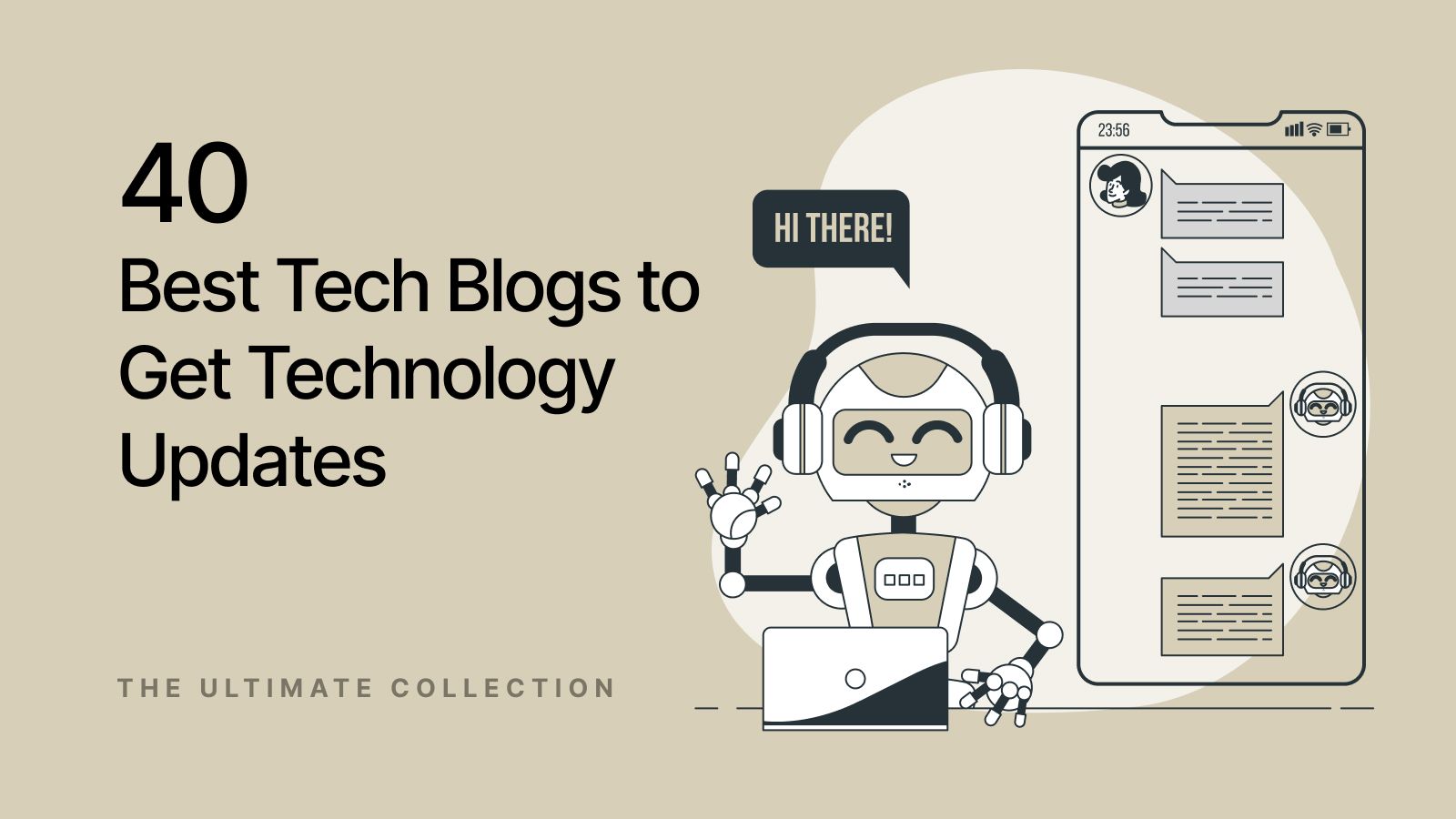Reveal Hidden Treasures in the Industry with the Best tech blog Referrals
Reveal Hidden Treasures in the Industry with the Best tech blog Referrals
Blog Article
How Blockchain Innovation Is Revolutionizing Data Protection
Blockchain innovation is essentially modifying the landscape of information safety by presenting a decentralized structure that assures enhanced transparency and resilience. Unlike traditional systems, which count on centralized data databases, blockchain distributes data throughout a network, reducing susceptabilities and single points of failing. The usage of sophisticated cryptographic methods guarantees that data continues to be tamper-proof, fostering depend on among stakeholders and users. As markets rapidly adapt to this modern technology, inquiries occur regarding its more comprehensive effect and prospective difficulties. What ramifications does this change hold for future data security strategies and regulatory frameworks? The solutions might surprise you (Best tech blog).
The Essentials of Blockchain
Blockchain modern technology, a cutting edge concept in digital information management, essentially changes how details is saved and protected. At its core, a blockchain is a dispersed ledger that records purchases throughout a network of computer systems, guaranteeing openness and immutability.
Trick to comprehending blockchain is the hashing process, which encrypts transaction data right into an one-of-a-kind alphanumeric code. This cryptographic feature makes certain that any type of modification in the deal data causes an entirely different hash, therefore guarding versus meddling. The agreement device, an additional important part, validates and verifies brand-new purchases with a network of nodes, consequently removing the requirement for a centralized authority.
In addition, blockchain's append-only structure makes sure that information, as soon as included, can not be removed or altered. This particular guarantees a proven and irreversible document of deals, fostering trust fund amongst individuals. As a result, blockchain provides a durable framework for information integrity, offering sectors a reputable method for monitoring and handling digital details in a protected, transparent fashion.
Decentralization and Safety
Decentralization, a core concept of blockchain modern technology, significantly improves data safety and security by dispersing control across a network instead than counting on a singular, centralized entity. By distributing information throughout countless nodes, blockchain makes sure that also if one node is endangered, the entire network continues to be secure.

Each participant in the network has accessibility to the whole blockchain, permitting them to verify and examine transactions individually. Overall, decentralization is critical in enhancing data safety and security in blockchain networks.

Cryptographic Techniques
At the heart of blockchain technology, cryptographic strategies play an essential function in guarding data, guaranteeing both confidentiality and honesty. Cryptography in blockchain utilizes a combination of uneven and symmetrical formulas to secure data, making it easily accessible just to accredited parties.
Hash functions are another vital component, changing input data into a fixed-size string of personalities, properly developing an unique electronic finger print for each block. This makes sure that any type of effort to change the information will certainly lead to a completely different hash, thus maintaining the immutability of the blockchain. Moreover, digital trademarks confirm the credibility and stability of transactions, providing a layer of non-repudiation.
The decentralized nature of blockchain, integrated with robust cryptographic strategies, gets rid of the need for middlemans, lowering prospective vulnerabilities. As blockchain modern technology advances, advancements in cryptography such as zero-knowledge evidence and homomorphic file encryption continue to improve safety steps, further strengthening data protection in this cutting edge digital journal system.
Usage Situations Throughout Industries

In the health care sector, blockchain ensures the protected storage space and sharing of individual records, promoting interoperability while securing sensitive information from unapproved accessibility. This modern technology empowers clients with control over their clinical history and helps with smooth control amongst medical care providers.
Supply chain management benefits significantly from blockchain's unalterable journal, which makes certain traceability and credibility of items from origin to consumer. By enhancing openness, blockchain aids reduce issues such as counterfeiting and unethical sourcing.
Additionally, blockchain's decentralized nature is improving the power market by enabling peer-to-peer power trading, where consumers can purchase and sell excess eco-friendly energy straight. This cultivates a much more sustainable and reliable energy ecosystem.
In the world of copyright, blockchain offers a tamper-proof platform for developers to register and protect their jobs, guaranteeing rightful attribution and fair settlement. These diverse usage cases underscore blockchain's function as a crucial pressure in redefining data safety and security across markets.
Future of Data Protection
As we look to the future of data protection, blockchain technology is poised to play a crucial role in protecting digital details. With its decentralized and immutable qualities, blockchain uses a robust structure for securing sensitive data against unauthorized accessibility and cyber dangers. This innovation ensures that once information is tape-recorded, view website it is nearly impossible to modify without discovery, therefore offering a substantial benefit over traditional data storage space techniques.
The assimilation of blockchain with various other innovative technologies, such as expert system and the Internet of Points (IoT), is anticipated to enhance data defense methods better. By leveraging clever contracts, companies can automate and impose protection protocols, decreasing human mistake and raising efficiency. Additionally, blockchain's capacity to offer transparent and traceable deals will boost depend on and accountability in information administration methods.
As regulative landscapes develop, blockchain's compliance-friendly nature will certainly come to be significantly appropriate. It can aid organizations fulfill rigorous data defense laws, such as the General Information Defense Law (GDPR) and the California Consumer Privacy Act (CCPA), by offering proven documents of data processing tasks. Inevitably, blockchain's unique qualities setting it as a transformative tool in the recurring pursuit to secure the electronic world against ever-evolving cyber hazards.
Verdict
Blockchain modern technology stands for a paradigm change in information protection by leveraging decentralization and cryptographic methods to boost openness, count on, and information stability. As cyber risks evolve, blockchain arises as an essential device for robust data defense across numerous markets.
Blockchain innovation is fundamentally changing the landscape of data safety by introducing a decentralized framework that assures improved openness and resilience. Unlike top article standard systems, which count on centralized data databases, blockchain distributes data throughout a network, minimizing vulnerabilities and single points of failure.Decentralization, a core principle of blockchain modern technology, dramatically enhances data protection by dispersing control throughout a network rather than depending on a single, central entity.At the heart of blockchain modern technology, cryptographic methods play an essential duty in guarding data, making certain both discretion and integrity.Blockchain technology represents a paradigm shift in data security by leveraging decentralization and cryptographic techniques to improve openness, trust, and data integrity.
Report this page